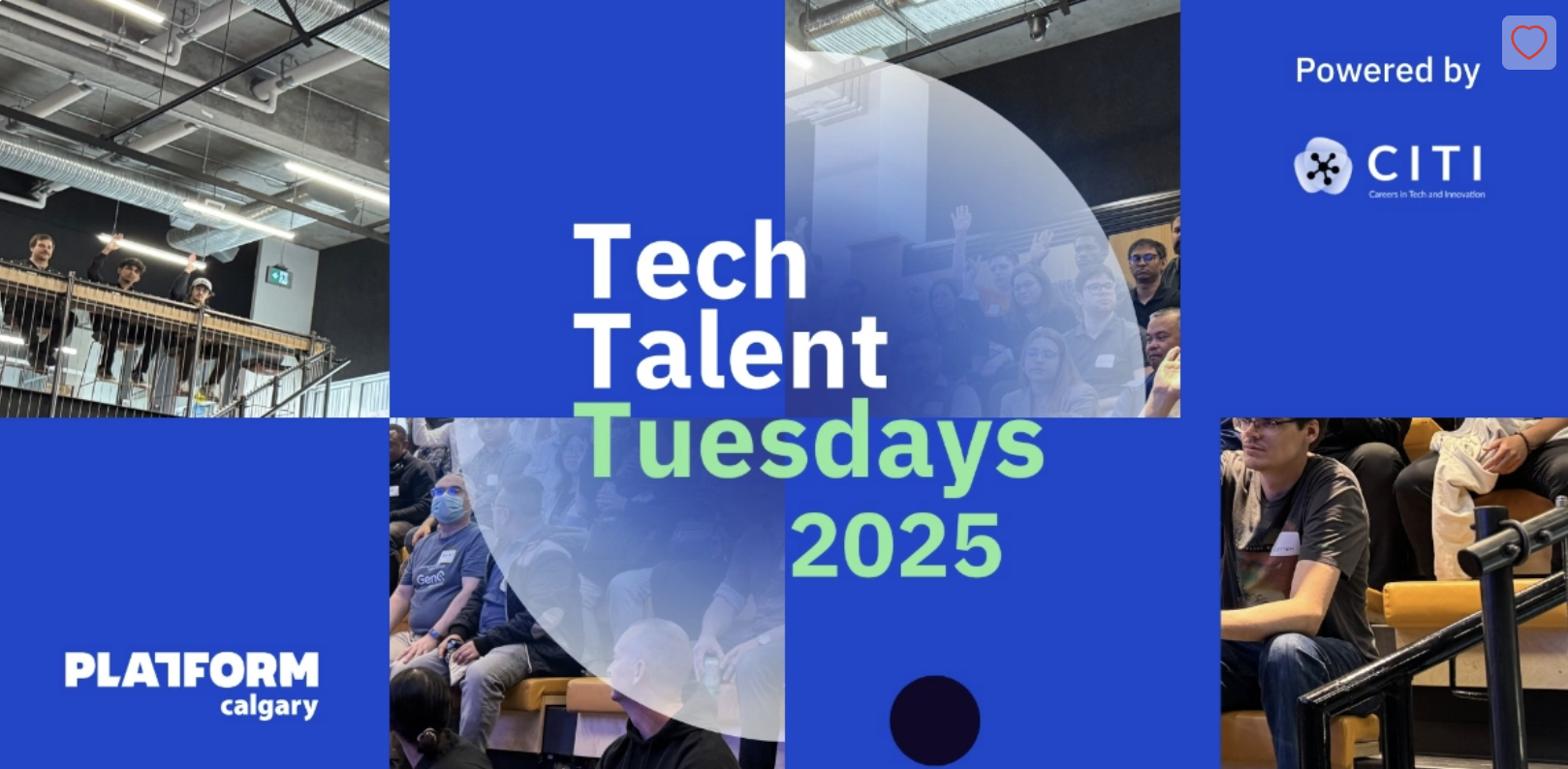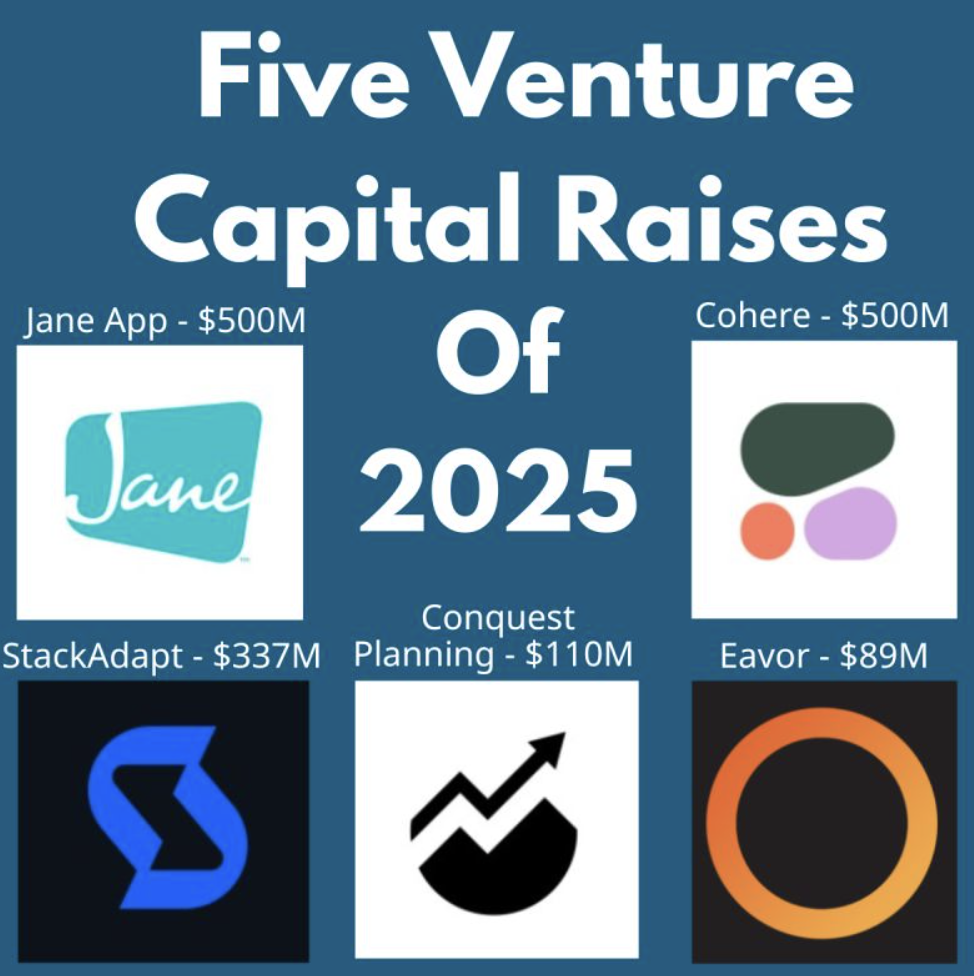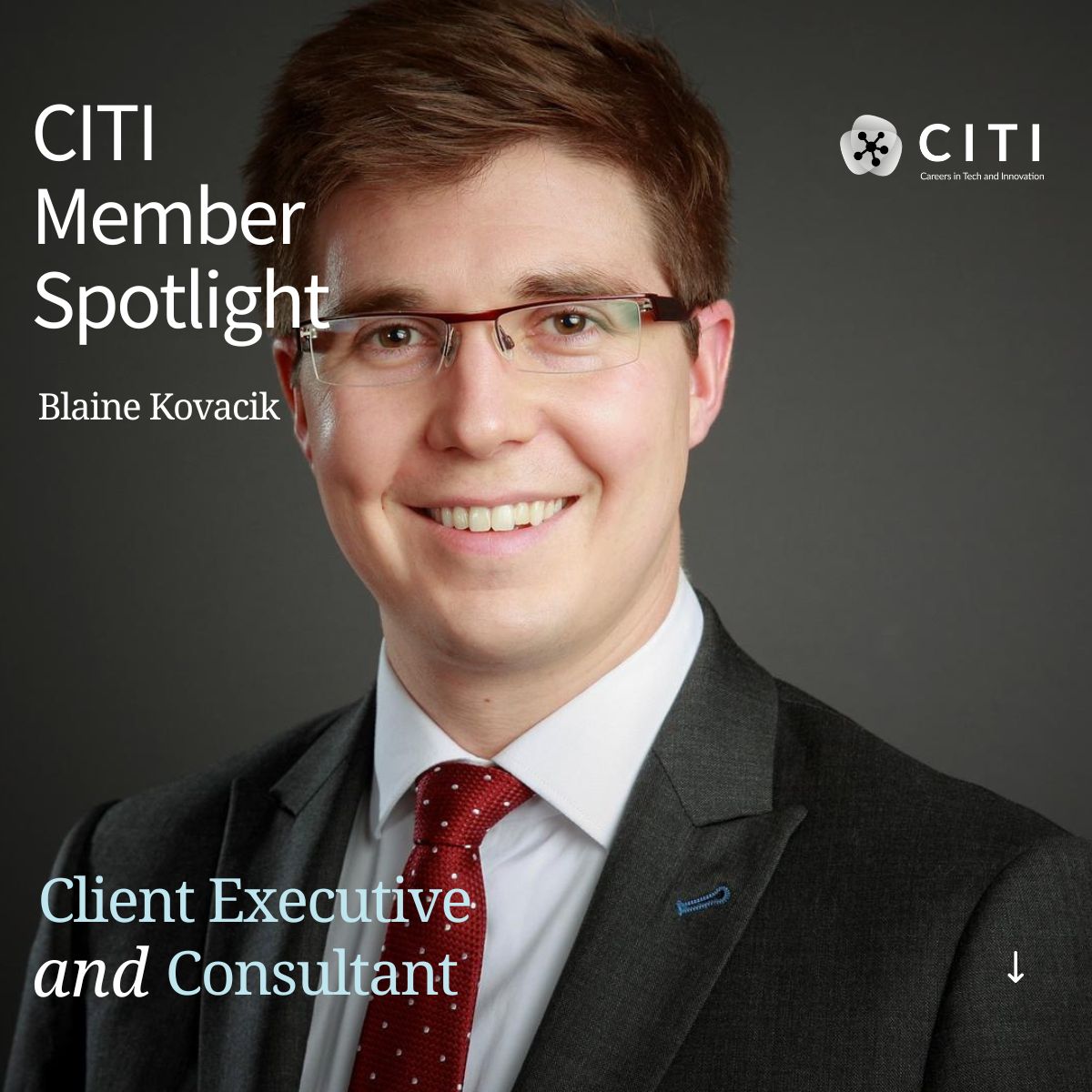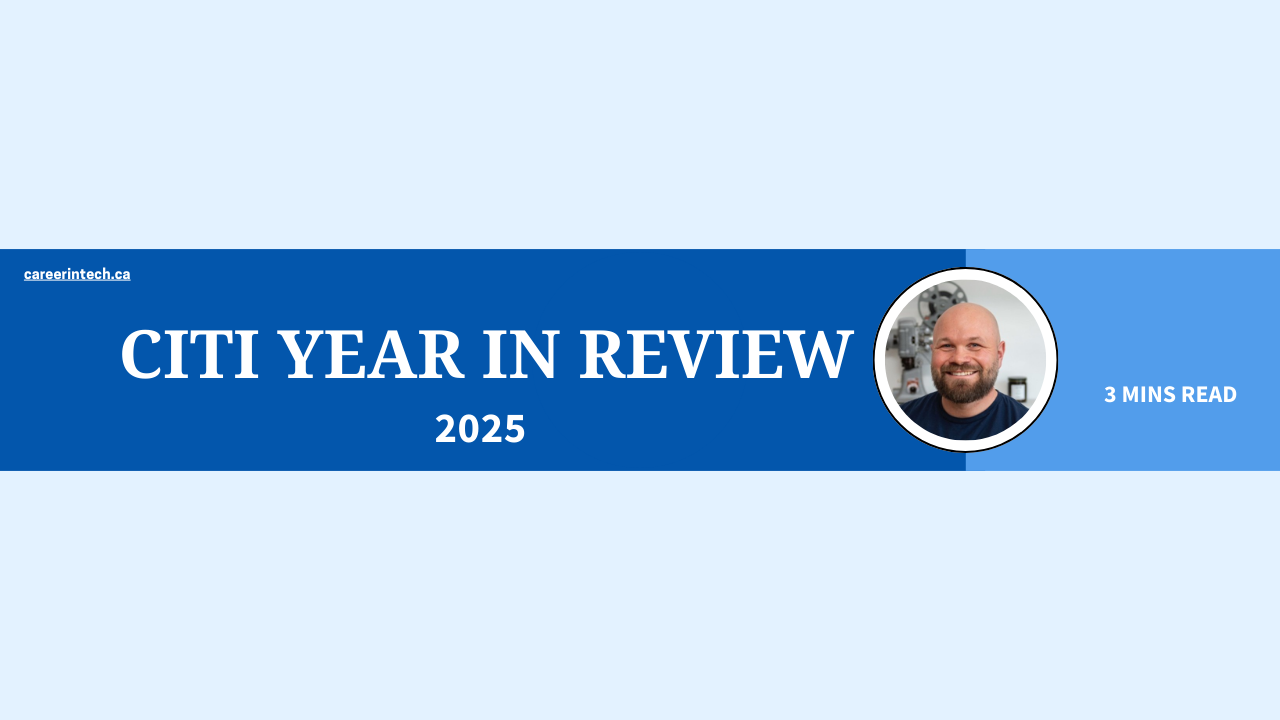
YVR Ecosystem: Elevating Vancouver's Tech Landscape
Have you ever wondered what it takes to turn a city into a top-tier tech hub? Discover how Vancouver is rising as a top tech hub with insights from CITI and Vancouver Startup Week.
Have you ever wondered what it takes to turn a city into a top-tier tech hub? Discover how Vancouver is rising as a top tech hub through key insights and recommendations from CITI’s event at Vancouver Startup Week.
As Vancouver's tech industry experiences rapid growth, Careers In Technology and Innovation (CITI) recognizes the opportunity to position the city as a top-tier tech hub. CITI is dedicated to empowering Vancouver's tech ecosystem, fostering a vibrant and inclusive community where diverse professionals can build meaningful and successful careers.The following summary outlines key areas and recommendations that emerged from a pivotal event during Vancouver Startup Week, aimed at enhancing Vancouver's tech ecosystem. We thank you for taking the time to read this. For full access to the PDF version click here: YVR Ecosystem Roundtable
On July 7, as part of Vancouver Startup Week, an event was held at Entrepreneurship at UBC to explore and address the opportunities and challenges that could position Vancouver as a premier tech hub. This event was organized in partnership with Careers In Technology and Innovation, Lighthouse Labs, Tech2Step, and Vancouver Dev.
The forum brought together founders, investors, and professionals to discuss strategic initiatives for enhancing Vancouver's tech landscape. The dialogue was shaped by insights from a community survey assessing the local environment. The event featured prominent speakers including Chris Neumann, General Partner at Panache Ventures, Joshua Nilson, Founder of Maskwa Investments, and Tanis Jorge, Founder of The Cofounder's Hub. The discussion was moderated by Toki Hossain, Founder of Vancouver.dev.
The event provided a platform to share survey results, hear from a diverse panel, and engage in breakout sessions moderated by experts from partner organizations. These sessions offered an opportunity for participants to delve deeper into the issues and collaboratively explore solutions.
Key Findings and Recommendations:
1. Leveraging Vancouver’s Unique Advantage:
The discussion highlighted Vancouver’s significant geographical advantage as the only major international city in the same time zone as Silicon Valley. This positioning allowed for seamless integration and expansion into new markets without dealing with time zone differences. Vancouver's synergy with Silicon Valley reduced operational friction and enhanced real-time collaboration. Unlike other sectors, the tech industry in Vancouver did not require excessive subsidies, making it appealing for sustainable growth and long-term investments.
Recommendation: Market this unique geographic advantage to attract tech companies looking for seamless market integration and focus on sustainable growth without relying on excessive subsidies.
2. Fostering Homegrown Companies:
The emphasis on building and nurturing local tech companies was seen as crucial for maximizing economic benefits and ensuring sustainable growth. Homegrown companies were more likely to reinvest in the local economy, creating jobs and fostering innovation. The local gaming industry, with success stories like Hyper Hippo and Arcana Spirit Lounge, showcased the potential for nurturing homegrown tech enterprises.
Recommendation: Prioritize the growth of local tech enterprises and use successful local stories to inspire and support new ventures.
3. Government Role and Policies:
The role of government in fostering a thriving tech ecosystem was highlighted as crucial. Pro-business policies and supportive government actions were necessary to create a favorable environment for tech companies. Implementing favorable tax regulations and reducing bureaucratic hurdles were essential to prevent the departure of entrepreneurs and retain talent within the region. A streamlined and supportive regulatory framework encouraged investment and innovation.
Recommendation: Advocate for pro-business policies and a supportive regulatory environment to maintain a competitive edge in the global market.
4. Community and Ecosystem Development:
The role of community and strategic events in developing a robust tech ecosystem was debated. Well-planned events, such as Vancouver Startup Week, were seen as catalysts for innovation and networking. However, the focus should be on substantive contributions to the tech community, beyond just hosting events. Building a supportive ecosystem required a culture of collaboration, knowledge sharing, and strategic partnerships.
Recommendation: Focus on creating substantial projects and fostering meaningful collaborations rather than over-relying on events.
5. Addressing Challenges and Opportunities:
Participants discussed the need to overcome insecurity and focus on the strengths of Vancouver’s local companies. Local businesses should highlight their successes and potential, showcasing Vancouver as a self-sustaining tech ecosystem. The shift towards remote work presented both challenges and opportunities. Companies needed to attract talent across BC, not just from high-cost cities like Vancouver. Offering competitive compensation packages and leveraging Vancouver’s quality of life were key to attracting talent.
Recommendation: Promote local success stories, develop strategies to accommodate remote work, and offer competitive compensation packages to attract and retain talent.
Summary of Breakout Discussions:
During the breakout sessions, participants emphasized the importance of founders collaborating and sharing challenges. Larger companies like Microsoft brought some jobs but did not necessarily benefit the local community significantly. Strengthening the community involved raising awareness and encouraging support for local businesses.
For startups, the key was to iterate repeatedly, take action, and learn from failures. Government officials were encouraged to engage with the community to understand local needs better. Keeping in touch with mentors and learning from their experiences was also highlighted as crucial.
Recommendation: Strengthen community ties, encourage a culture of learning from failures, and promote mentorship.
Final Recommendations:
To foster a thriving tech ecosystem in Vancouver, it was recommended to:
1. Leverage Vancouver’s geographic advantage to attract tech companies looking for seamless market integration.
2. Prioritize the growth of local tech enterprises and promote successful local stories to inspire new ventures.
3. Advocate for pro-business policies and a supportive regulatory environment to retain talent and encourage investment.
4. Focus on creating substantial projects and collaborations within the tech community.
5. Promote local success stories, develop remote work strategies, and offer competitive compensation packages to attract and retain talent.
By focusing on these strategies, Vancouver could leverage its unique advantages and foster a supportive ecosystem, positioning itself as a leading tech hub on the global stage.







.png)













.png)





